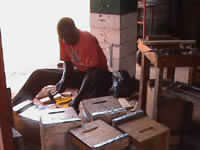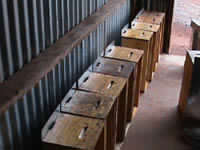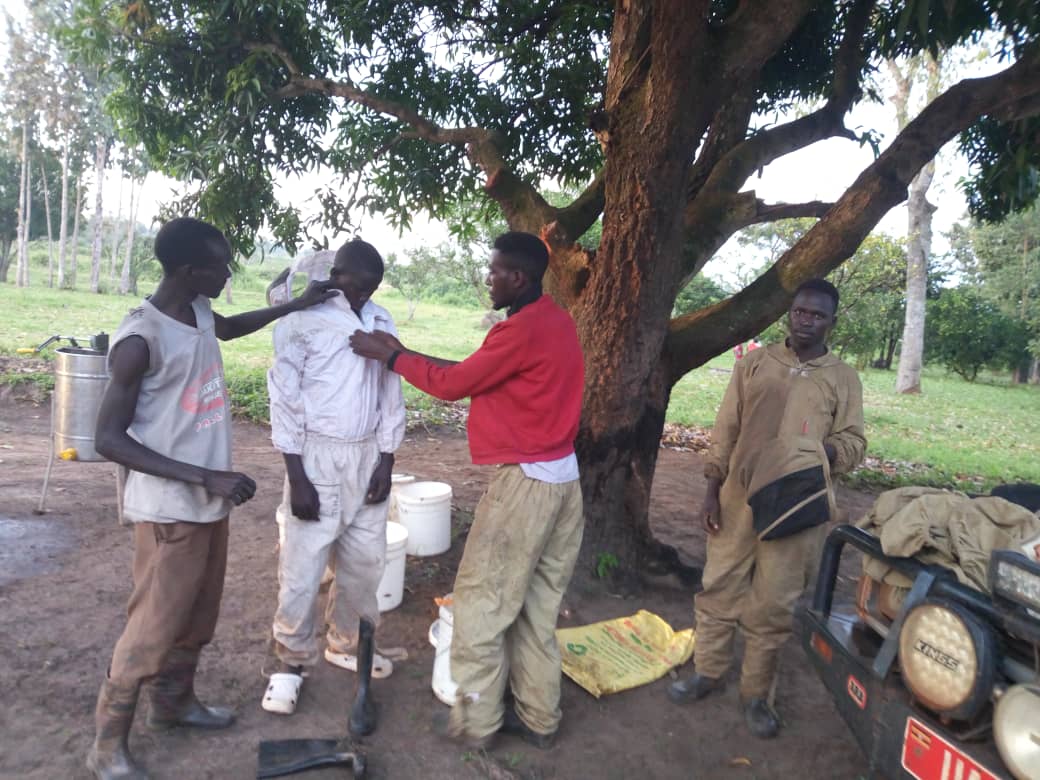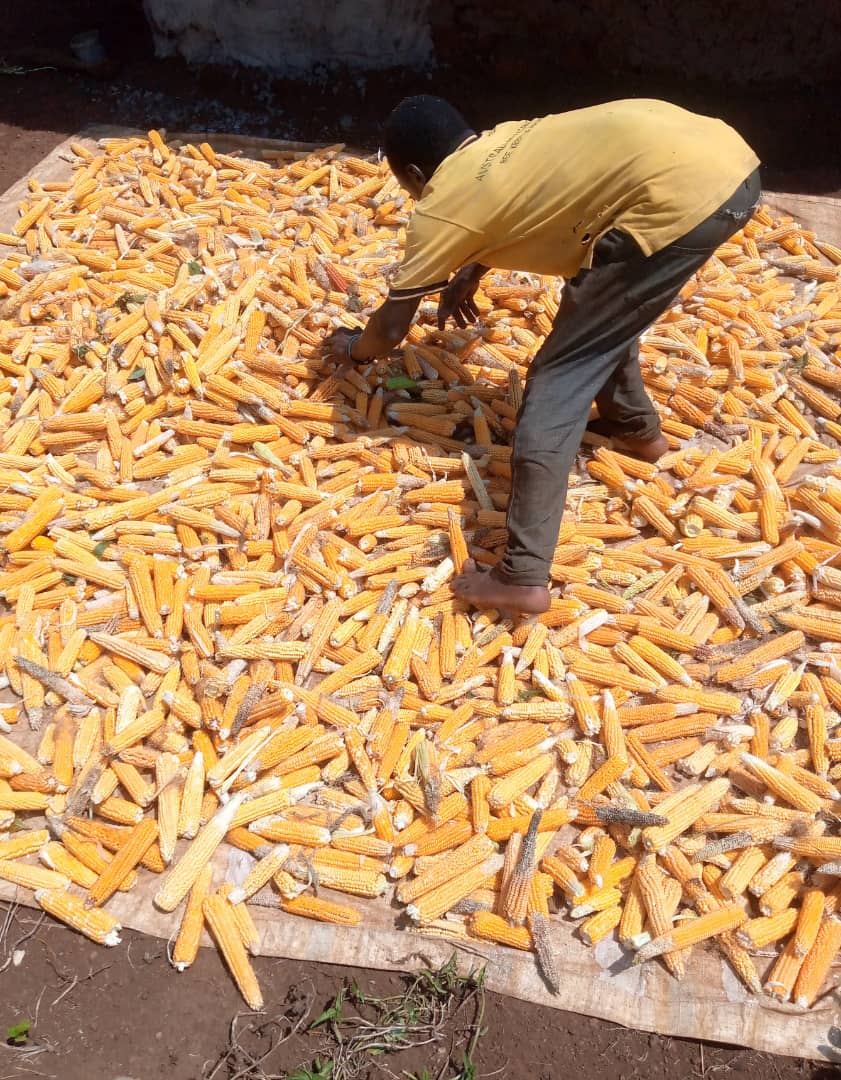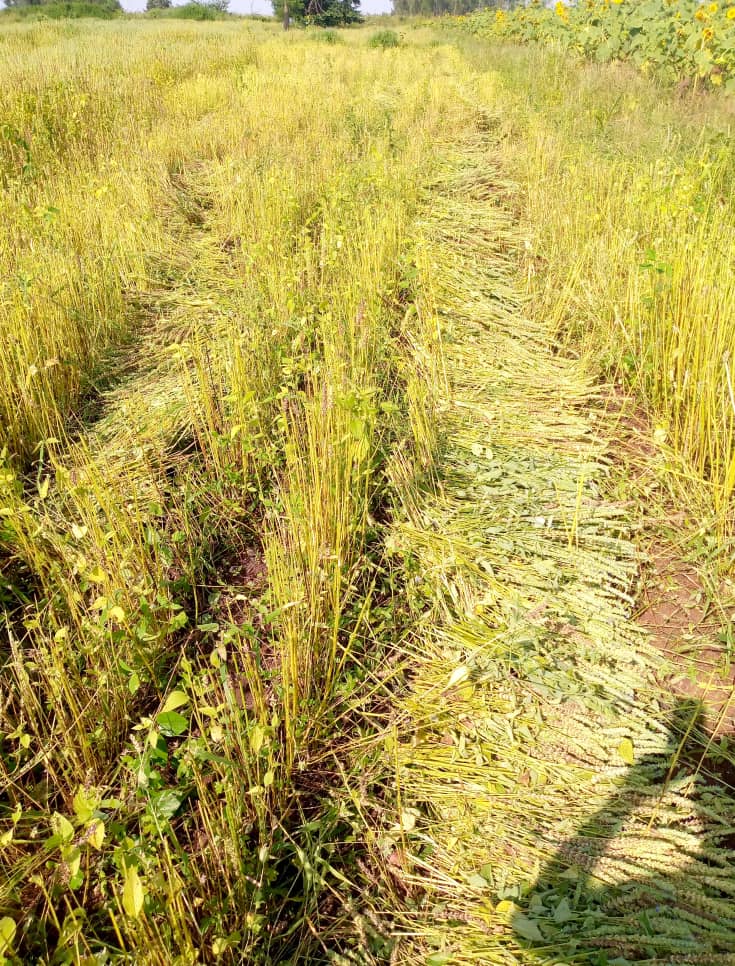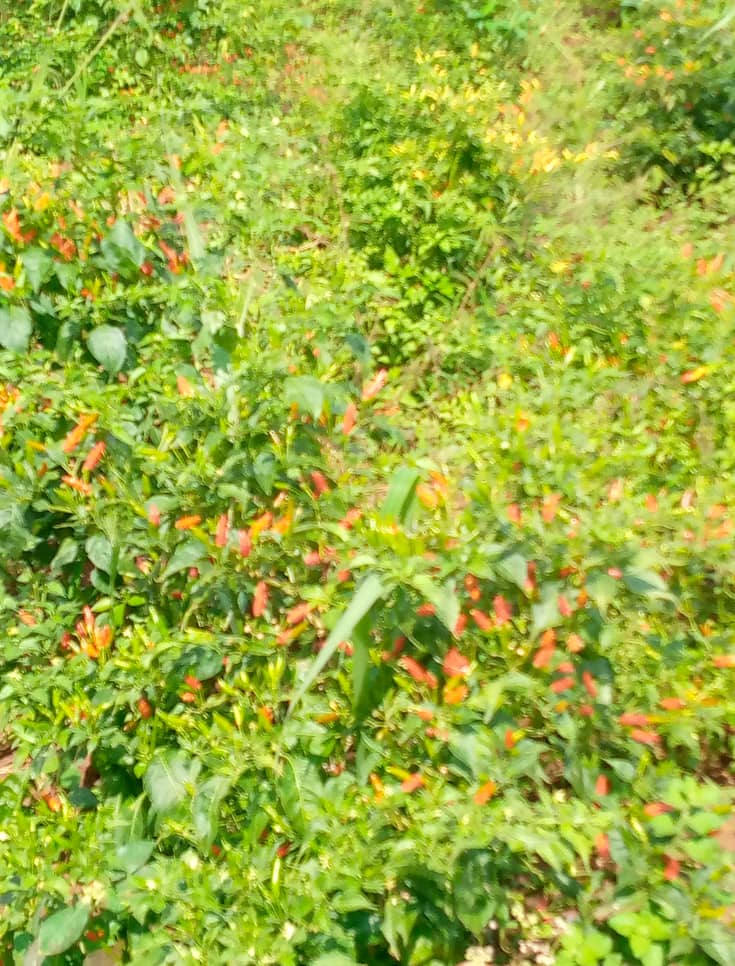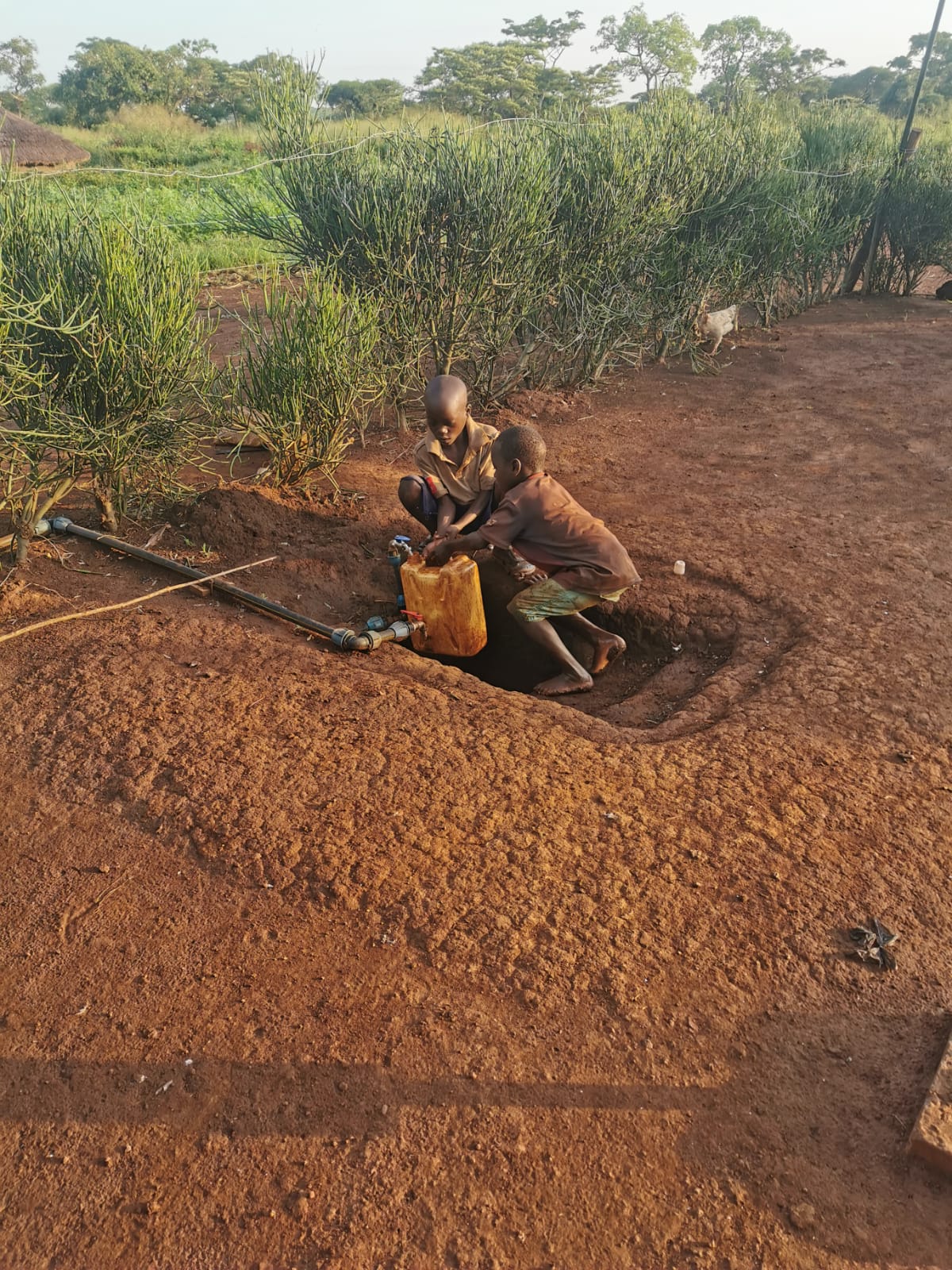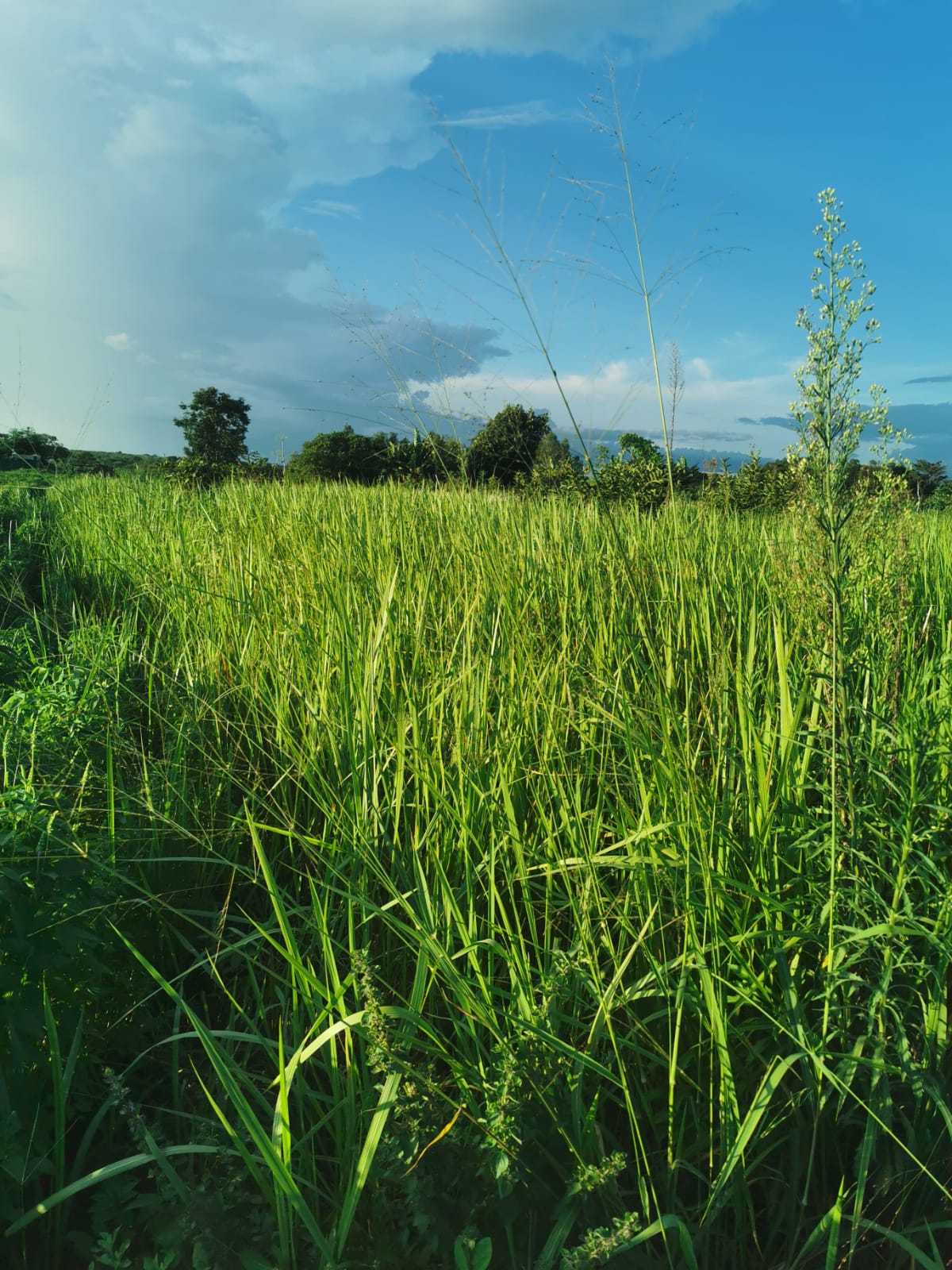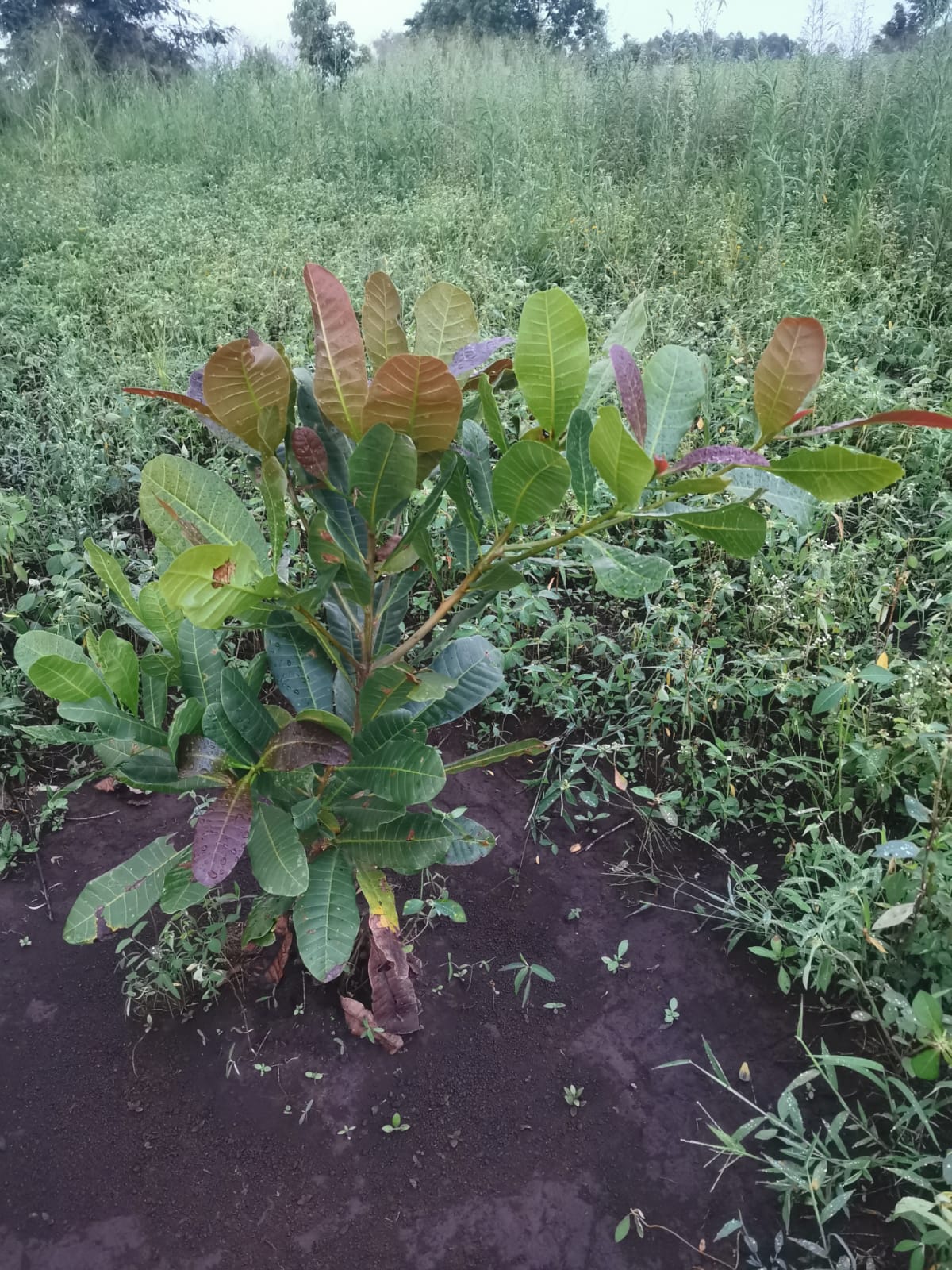
Welcome to Australia Bringing Hope (ABH), where we strive to make a positive impact on communities worldwide. One of our key initiatives focuses on beekeeping in Uganda—a sustainable practice that not only benefits the environment but also empowers local communities economically.
Why Beekeeping in Uganda
- Economic Empowerment: Many households in Uganda rely on beekeeping as a source of income, especially in rural areas where job prospects are scarce. People can increase their standard of living and provide for their family by selling honey, beeswax, and other items made from bees.
- Biodiversity Conservation: Pollination is an important function of bees and is necessary for many plants, especially crops, to reproduce. By encouraging beekeeping, we guarantee the sustainability of agricultural techniques and aid in the conservation of Uganda’s unique biodiversity.
- Environmental Sustainability: Beekeeping is a resource-efficient and environmentally benign activity that uses little resources. Beekeeping is an environmentally friendly livelihood option because it doesn’t entail deforestation or the use of hazardous chemicals like other forms of agriculture do.
How ABH Started the Project
Phill, an apiarist in South Australia, saw an opportunity to increase the quality and quantity of honey production in this part of Africa. Fully self-funded, Phill shipped his apiary equipment in a container to Uganda, which arrived in May 2009.
The beekeeping project is part of ABH’s Income Generating Project. The beekeeping project, while there have been many people interested in getting involved, is progressing slowly. We have had bees now for almost a year, but there hasn’t been a lot of honey around. However, conditions at present are the best they have been for the past eighteen months. The honey plant is set up and is producing small amounts of honey, which will increase as the number of hives grows. We hope that in the future there will be enough honey to export.
How do we do beekeeping in Uganda?
- Training and Capacity Building: We give workshops and training to local communities so they can acquire the skills and information needed for effective beekeeping. This covers instructions on managing hives, extracting honey, and controlling pests.
- Access to Resources: We assist communities in gaining access to the tools and supplies they need to begin and continue beekeeping operations, such as hives, protective gear, and other supplies. Removing obstacles to admission allows more people to pursue beekeeping as a sustainable source of income.
- Market Linkages: In addition to production support, we assist communities in establishing market linkages for their bee products. Through partnerships with local businesses and markets, we help beekeepers sell their honey and other products at fair prices, ensuring a steady income stream.
- Promoting Gender Inclusivity: We prioritize gender inclusivity in our beekeeping initiatives, recognizing the significant role that women play in beekeeping activities. By actively involving women in training and decision-making processes, we promote gender equality and empower women economically.
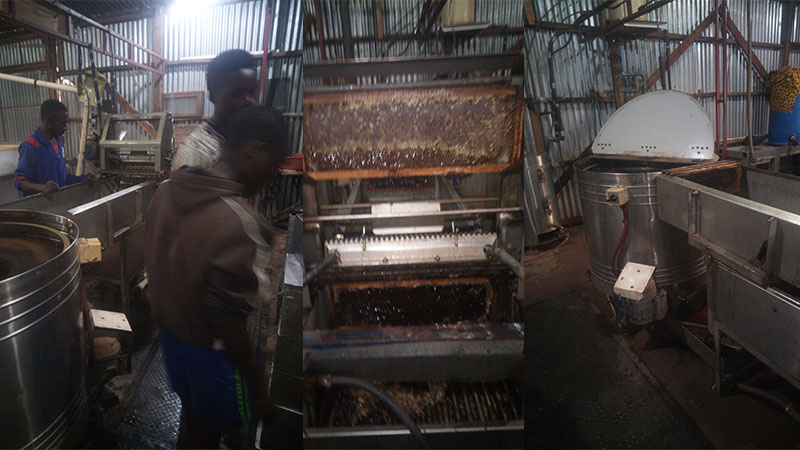
Beekeeping in Uganda and Farming at the Kibimbya Farm Project.
ABH purchased land adjoining the Karuma Forest almost two years ago, we want to be a blessing to the local community so in purchasing land along the forest, we enabled the previous owners to purchase land away from the forest where baboons and elephants don’t destroy crops.
We hope to improve the issue of elephants and baboons destroying crops by placing bee hives along the park, elephants are scared of bees and building an electric fence. The next obvious challenge is the degrading of the natural environment. On one hand we have rangers from the UWA patrolling the park on the other, people struggling to survive. So first we lead by good example, we do all our cooking with gas, no using firewood or charcoal. Secondly we have set aside three acres of land to return to native bush, with the planting of indigenous trees and the setting up of a bee apiary. We also offer employment as an alternative to killing of native animals for Bush meat or cutting trees for charcoal.
Our main focus is looking into how people can maximize profit from small acreage of land. Research and crop and tree trials are being carried out continuously with experimentation of many different crops and trees, as well as animal farming. Not everything works first time and decisions are made to drop one idea and take on another. Coming from a farming, vineyard and beekeeping background, we want to train people in improved sustainable farming practices But only after putting those things into practice with modification of current practices, value adding and displaying the best methods possible.
How we do it?
We are fortunate that many local people walk through our property, (we have the only motor vehicle in our community) so locals are able to see first hand new crops and new ideas. We are slowly introducing small machines to improve efficiency and later will provide those machines for neighboring properties, building and encouraging them slowly. Also we are looking at what products we can value add, things like turning sunflower seeds into cooking oil, looking at how we can produce health foods, package and market them, while using organic methods of weed control and soil improvement.
We look at what is happening locally and see people planting maize on maize for years and years and using little or no fertiliser. We would like to encourage and lead by example, crop rotation, planting more than one crop to spread the risk of crop loss or declining market / price drops. With improves fertiliser application and improved storage and handling to enable people to sell when the price is highest.
One thing we have working very well, is water harvesting. While people walk several kilometers to the well for water, we have enough rainwater from our building to supply all our needs including watering our vegetable garden while also allowing neighbours to collect water from us.
Making a difference through Beekeeping in Uganda and Modernized farming projects.
Perhaps at the end of the day, our most important job is helping people in small ways with education and medical help. Working in such a remote village we can be a blessing where no other help is available and thus being blessed.
ABH seeks to empower local communities, preserve wildlife, and provide sustainable livelihoods through encouraging beekeeping in Uganda. By working together, we can improve the lives of Ugandans and help ensure a more sustainable future for future generations.

